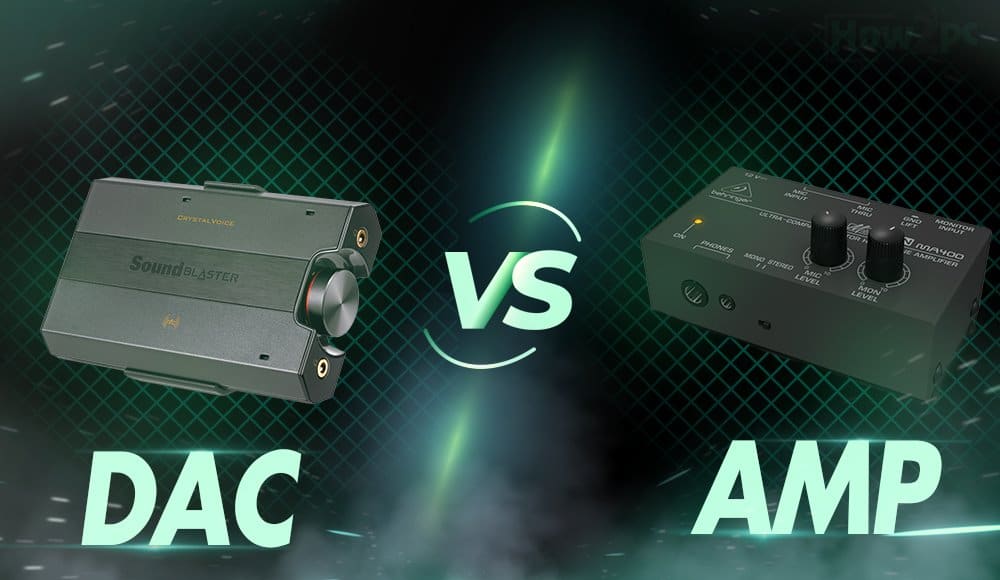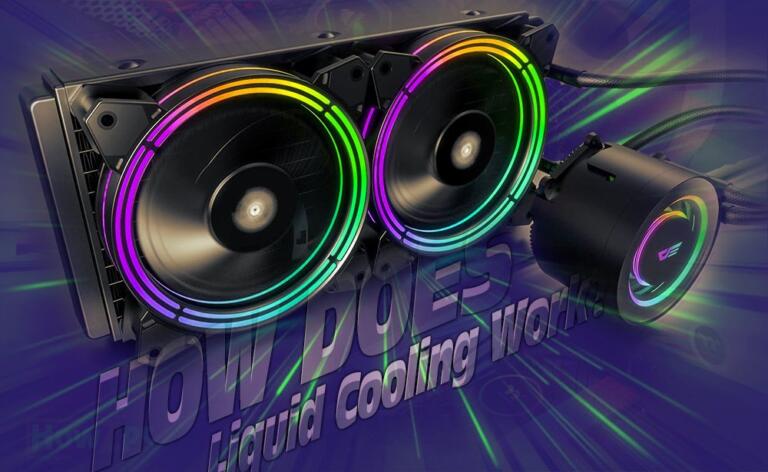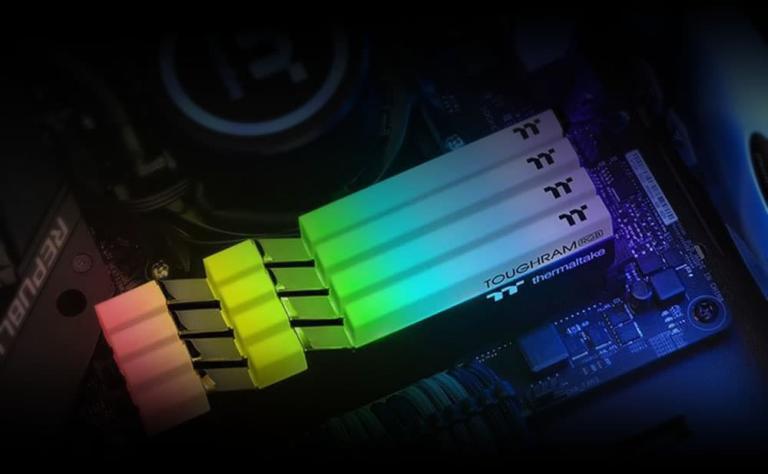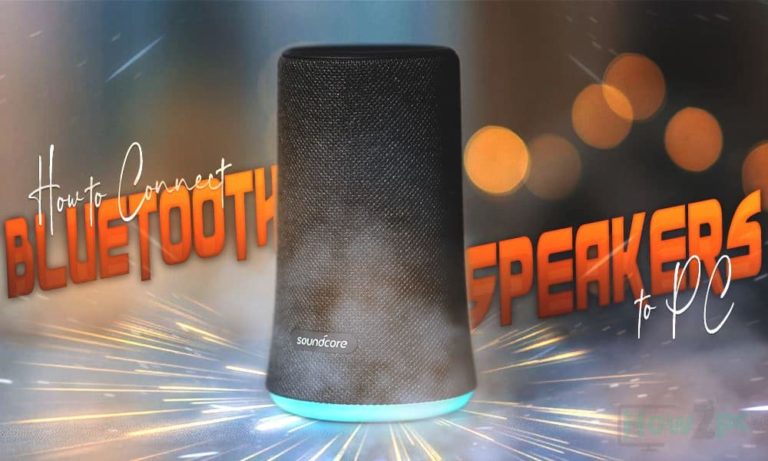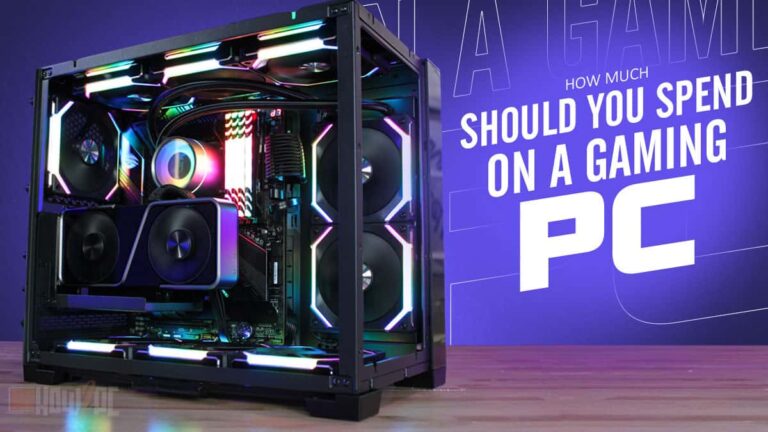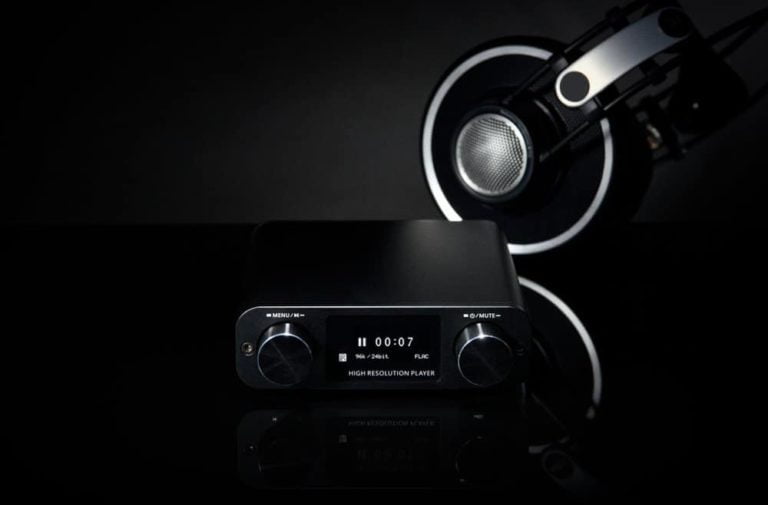If you are new to the audio industry chances are you have heard people raving about how a DAC and an Amp enhance the audio. Following this, you might also have wanted to purchase one for yourself but are stuck due to the limited information regarding this topic.
When it comes to Amp vs DAC there is not much information available which hinders the consciousness of the buyer to make a firm decision. In this article, we aim to correct that and provide you with suitable information so that you have an understanding of the difference between a DAC and an amp, how they work, and if you need them or not.
Amp vs DAC, What’s the Difference?
The DAC and an Amp are two different electronic components that play a role in delivering and enhancing the sound signal. While they may seem to be the same and yes lately the line between a DAC and an Amp is blurred by DAC/Amp combos but still, DACs and Amps have their specific function and have different electronics to carry it out effectively.
Starting with the DAC. A DAC abbreviation for Digital-To-Analog converter works just like the name suggests. The purpose of the DAC is to convert the digital signal into an analog signal. This is needed because when the digital signal is sent via a source it is transcoded in 0s and 1s. This cannot be understood by the human ear, so the DAC converts the digital signal consisting of 0s and 1s into a waveform for the sound to be heard by the human ear. This is the reason why the DAC is a necessity in all electronic devices that handle audio.
Coming to the Amp. An amp short form for an amplifier serves a completely different purpose. You might have some basic understanding of an amplifier because they are used in many walks of life and headphone amps are not drastically different. They are electronics are molded in a way to make them more feasible for headphones other than that the basic working is the same. When it comes to the use of an amplifier what it does is that it “increases” or “amplifies” the analog signal sent by a DAC.
Why and When Should You Buy a DAC?
The HiFi audio industry is progressing at a rapid pace and the HiFi audio content is becoming more mainstream due to applications like Tidal and others adopting HiFi audio standards. Due to this many people are replacing their audio gear with better equipment like proper audiophile headphones but one thing they overlook is the stock DAC in their device. Most devices contain low-quality DACs that are not suitable for HiFi audio listening.
Upon the use of good audio gear with the stock DAC you will have numerous issues because that DAC cannot effectively render all of the signals. This will lead to the audio lacking clarity and becoming muddled. Also, there will be audio clipping and distortion. Many low-end DACs also introduce static background noise. If you facing any of these issues then it is a good time to buy an external DAC.
Why and When Should You Buy an Amp?
As mentioned above amplifier is also an integral part of a good HiFi audio experience. The audiophile gear you buy has a much higher impedance compared to your regular earbud. Without going into technical details the gear with higher impedance requires more power to function. With each increase in volume level, the power requirement also increases. The general Pc or a mobile phone does not possess this sort of power so therefore an amplifier becomes basically a necessity in most cases where you want to use HiFi equipment.
If an amp is not used in the above-mentioned scenario it will lead to plenty of shortcomings. Firstly, the volume of the headphone will be very low leading to an unsatisfactory experience. This is because the higher impedance headphone cannot properly pick the low-voltage signal. Also, the audio will lack detail and richness. If a music file is placed the instruments like a drum or a guitar will feel hollow. The best analogy we give is that it will feel like the audio has an obstacle in its path that it needs to overcome hence losing volume and detail. Therefore, buying an amp is a worthwhile investment if you want to use high-end audio gear.

